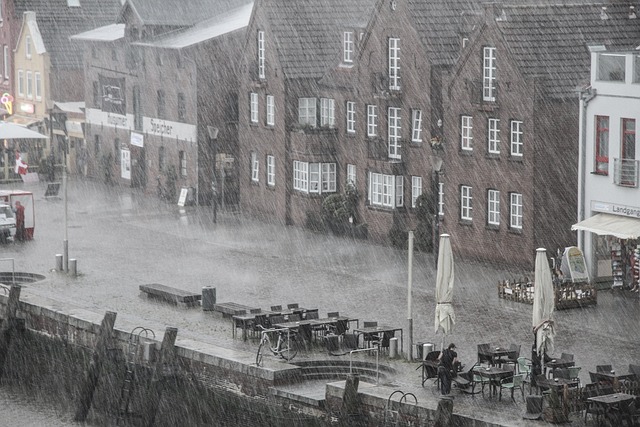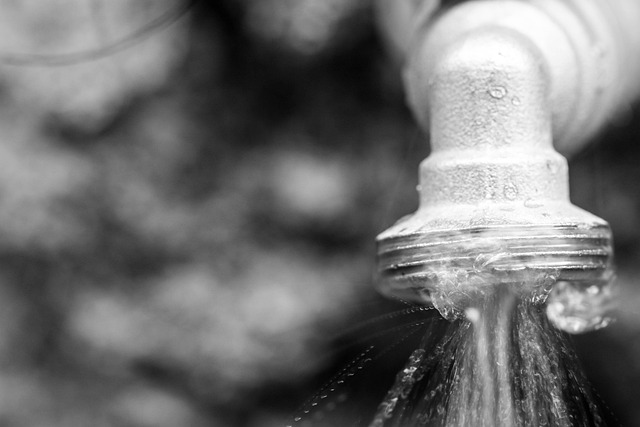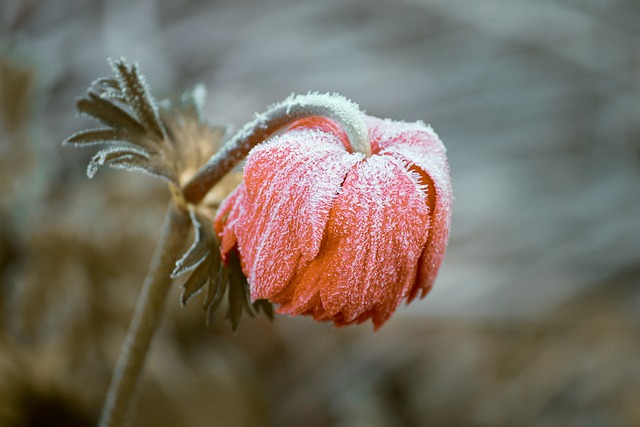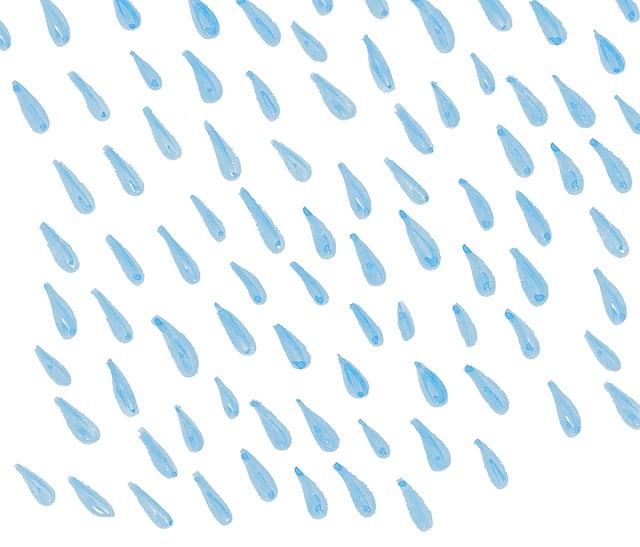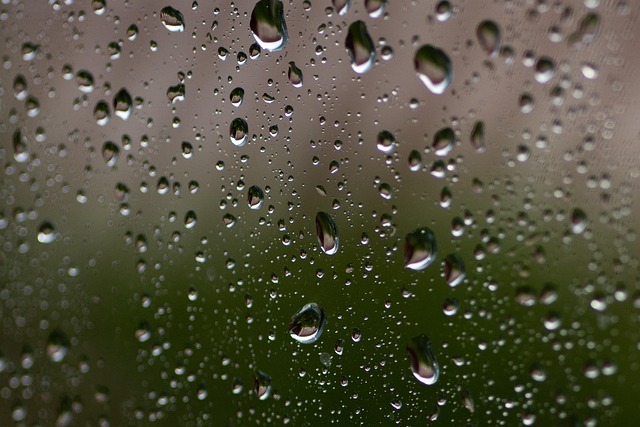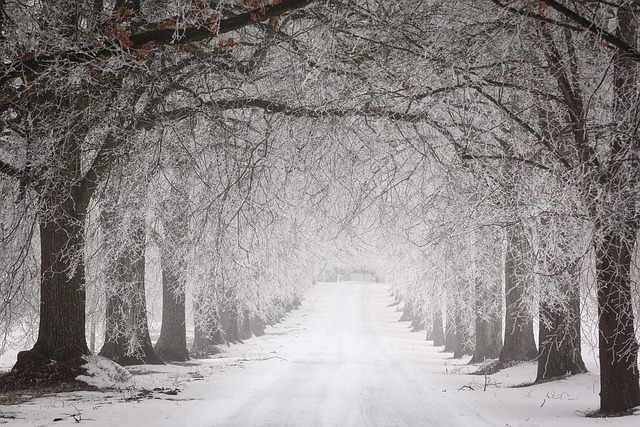In cold-weather regions, rapid temperature and humidity changes accelerate pipe corrosion, damaging plumbing systems. Seasonal maintenance, including rust-resistant materials, proper drainage, and regular inspections, is vital to prevent these issues. By understanding the interplay of heavy rainfall, temperature swings, and humidity, homeowners and plumbers can implement proactive measures like protective coatings and insulation to extend plumbing lifespans, ensuring optimal performance year-round and mitigating the "heavy rainfall impact," "humidity effects," and "temperature fluctuations" that cause "pipe corrosion." Regular seasonal maintenance, focusing on inspections, cleaning, and proper ventilation, is key to preventing costly repairs related to rusted pipes in extreme weather conditions.
In the face of ever-changing climates, understanding how environmental factors impact our plumbing systems is crucial. Humid summers and heavy rainfall can exacerbate pipe corrosion, leading to increased rust formation. This article explores the effects of humidity and temperature fluctuations on pipes, delving into the challenges posed by seasonal changes like intense rain and cold weather. We provide practical tips for seasonal maintenance and long-term preventive measures to ensure healthy plumbing systems year-round, addressing key issues such as pipe corrosion and its associated risks.
- Understanding Pipe Corrosion: The Role of Humidity and Temperature Fluctuations
- Heavy Rainfall Impact on Plumbing Systems: A Seasonal Challenge
- Cold Weather Plumbing: Preparing for Increased Rust in Pipes
- Seasonal Maintenance Tips to Combat Rust Formation
- Preventive Measures: Long-Term Solutions for Healthy Pipes
Understanding Pipe Corrosion: The Role of Humidity and Temperature Fluctuations
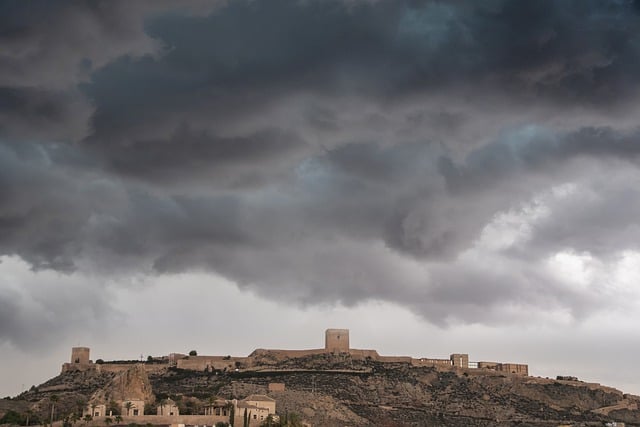
Understanding Pipe Corrosion: The Role of Humidity and Temperature Fluctuations
In cold weather plumbing environments, pipes are often exposed to rapid temperature fluctuations, especially during transitions from cold winters to humid summers. This dramatic shift can significantly impact pipe materials, particularly metal pipes used in water distribution systems. While heavy rainfall adds moisture to the equation, it’s the combination of elevated humidity and warmer temperatures that accelerates corrosion. Over time, this process weakens pipe structures, leading to leaks and increased maintenance costs.
Seasonal maintenance plays a crucial role in mitigating these effects. By understanding the relationship between humidity, temperature, and pipe corrosion, homeowners and plumbers can implement preventive measures. This includes using rust-resistant materials, maintaining proper drainage systems to reduce standing water, and scheduling regular inspections to detect any signs of corrosion early on. Such proactive steps are essential to ensure the longevity of plumbing systems in regions with distinct seasonal changes.
Heavy Rainfall Impact on Plumbing Systems: A Seasonal Challenge
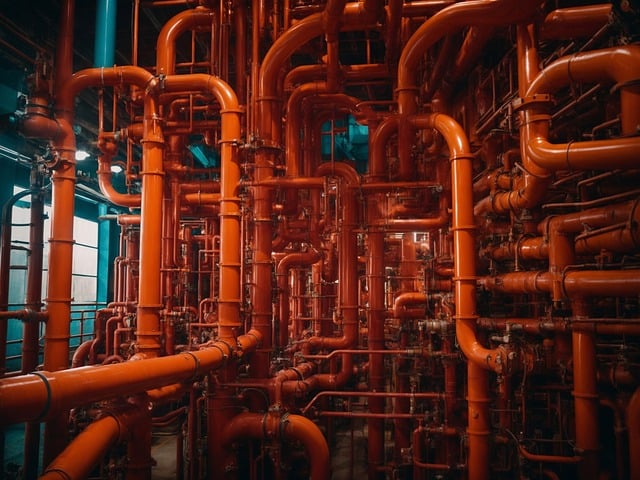
Heavy rainfall and rapid temperature fluctuations during humid summers pose significant challenges for plumbing systems. While many homeowners focus on ?cold weather plumbing? to prevent freezing pipes, seasonal maintenance is equally crucial in addressing the impact of humidity and heavy rainfall. Increased moisture levels accelerate pipe corrosion, particularly in older or poorly maintained systems. This can lead to rust buildup, which not only reduces water flow but also creates opportunities for leaks and potential damage to nearby structures.
Seasonal adjustments are key to mitigating these effects. Regular inspection and cleaning of drains and pipes can help remove debris and prevent clogs that may exacerbate the problem during heavy rainfall events. Additionally, applying protective coatings or treatments designed to resist corrosion can extend the lifespan of plumbing systems, safeguarding them from the humidity effects and ensuring optimal performance throughout the year.
Cold Weather Plumbing: Preparing for Increased Rust in Pipes
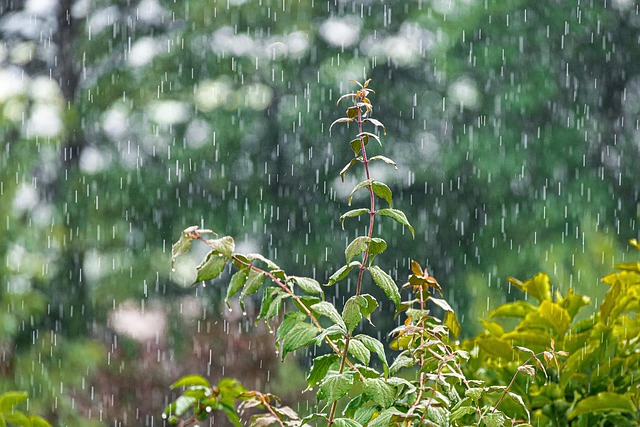
As summer transitions into fall and winter, it’s crucial to prepare your plumbing system for the changing climate, especially when it comes to cold weather plumbing. The shift in temperature can significantly impact your pipes, leading to increased rust and corrosion, particularly if humidity levels are high. Heavy rainfall and rapid temperature fluctuations during these seasons can accelerate pipe corrosion, making seasonal maintenance an essential part of home ownership.
To combat this issue, consider implementing a comprehensive maintenance plan. This includes inspecting your plumbing for any signs of damage or leaks and addressing them promptly. Using moisture barriers and insulation around pipes exposed to extreme temperatures can also help mitigate the humidity effects. Regular cleaning and descaling of pipes can prevent mineral buildup that accelerates corrosion. By taking these proactive steps, you’ll ensure your pipes are prepared to withstand the cold weather plumbing challenges brought on by seasonal changes, ultimately reducing the risk of costly repairs due to pipe corrosion.
Seasonal Maintenance Tips to Combat Rust Formation
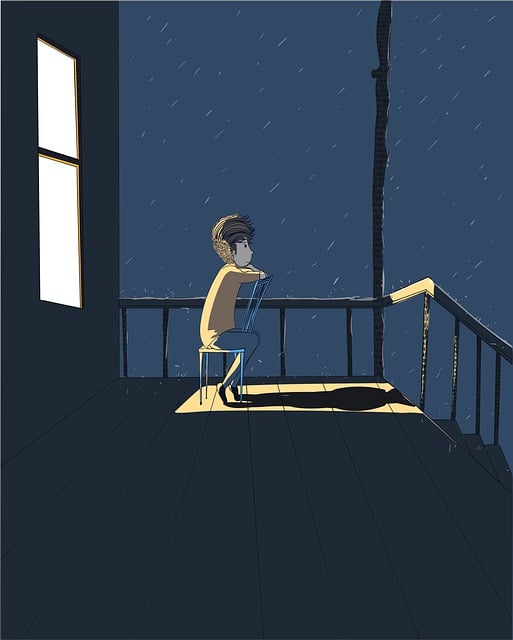
To combat rust formation during humid summers and in light of the heavy rainfall impact and ?cold weather plumbing challenges, regular seasonal maintenance is essential. Start by inspecting pipes for any signs of corrosion or leaks. Addressing issues early can prevent further damage caused by temperature fluctuations and humidity effects. Consider draining water from pipes that aren’t used frequently to reduce standing water, which facilitates rust development.
Implement a preventive strategy by applying protective coatings or wraps to exposed pipes. Ensure proper ventilation in plumbing systems to minimize moisture buildup. Schedule professional assessments to identify and rectify any areas of pipe corrosion. Regular seasonal maintenance not only extends the lifespan of your plumbing system but also mitigates costly repairs related to ?pipe corrosion.
Preventive Measures: Long-Term Solutions for Healthy Pipes
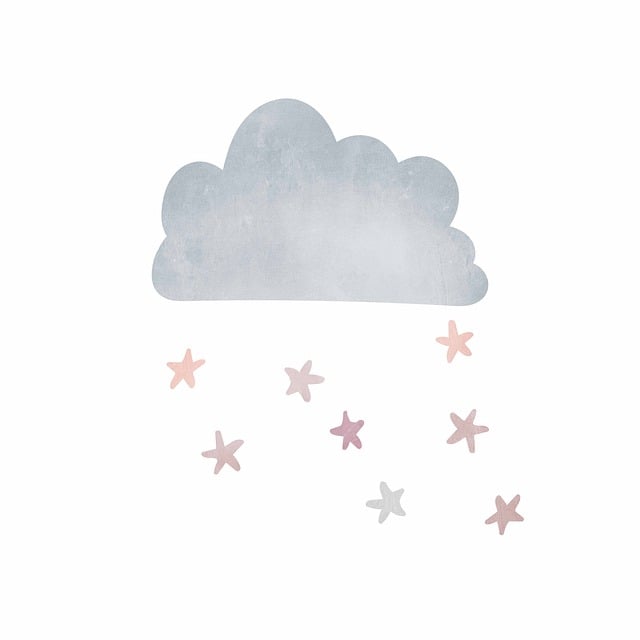
To prevent rust buildup in pipes during humid summers and beyond, long-term solutions involve addressing key factors like temperature fluctuations, heavy rainfall impact, and humidity effects. ?Cold weather plumbing is a critical aspect often overlooked; pipes should be insulated properly to shield them from freezing temperatures. This simple step can significantly reduce the risk of pipe corrosion.
Regular seasonal maintenance is essential. Checking for any leaks or signs of damage after heavy rainfall events is crucial. Implementing these preventive measures ensures that your plumbing system stays healthy and minimizes the costly repairs often associated with rusted pipes, particularly in areas experiencing temperature extremes and high humidity levels.
